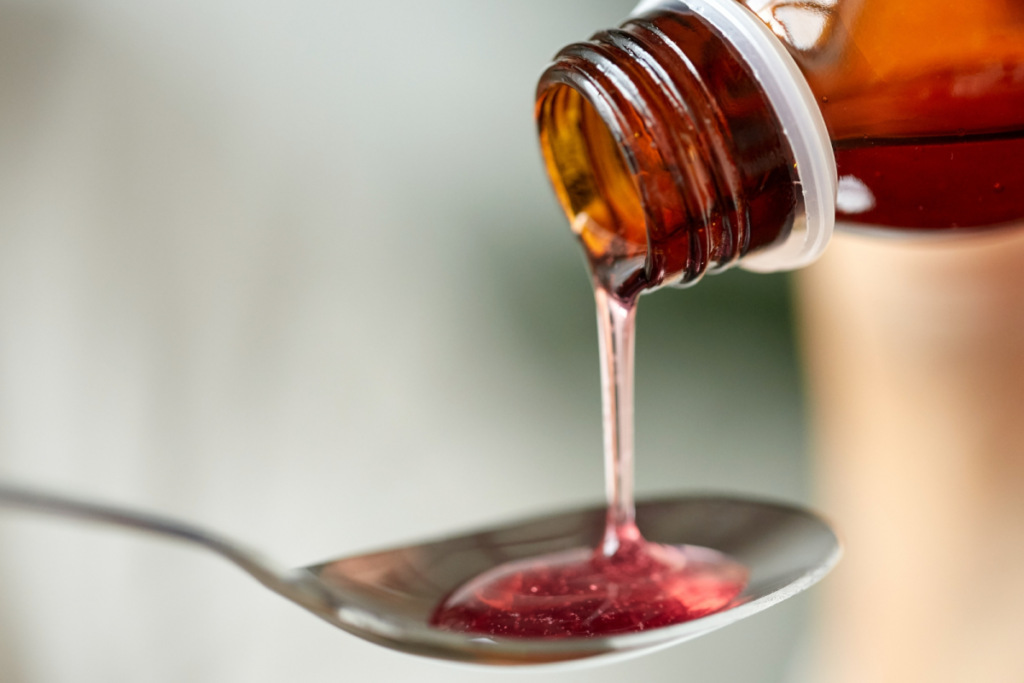India’s top medication controller has banned an anti-cold drug mixture for use in kids below the age of four.
Spate of Tragic Incidents
A ban on certain Indian-made cough syrups has been imposed following a series of child deaths in The Gambia and Uzbekistan last year, reportedly associated with these medications. At least 12 children in India also lost their lives between 2019 and 2020 allegedly due to a similar formulation.

Manufacturer Denials Amidst Allegations
While the drug manufacturers refute any culpability, asserting the safety of their products, the banned combination, comprising chlorpheniramine maleate and phenylephrine, was initially approved in 2015. This combination is commonly used in cough syrups and tablets to alleviate common cold symptoms.

Compulsory Labeling and Warning
A recent order made public mandates drugmakers selling the restricted combination to label their products with a warning against usage for children below the age of four. The move aims to caution users about potential risks associated with this formulation.
Global Scrutiny and Toxic Substance Findings
The heightened scrutiny arose after the World Health Organization (WHO) issued a global warning concerning four India-made cough syrups allegedly linked to the deaths of 66 children in The Gambia.
Laboratory analysis revealed the presence of “unacceptable amounts” of diethylene glycol and another toxic alcohol, ethylene glycol, in syrup samples.
International Impact
Uzbekistan also reported similar tragic incidents, citing the deaths of 18 children allegedly linked to an Indian-manufactured cough syrup by the country’s health ministry.
Additionally, in India’s Jammu region, at least 12 children, aged between two months and six years, lost their lives in 2019 after reportedly consuming a toxic cough syrup.
The global ban underscores heightened concerns over the safety and composition of certain Indian-manufactured cough syrups, prompting regulatory actions and warnings across multiple countries in response to these distressing incidents.












